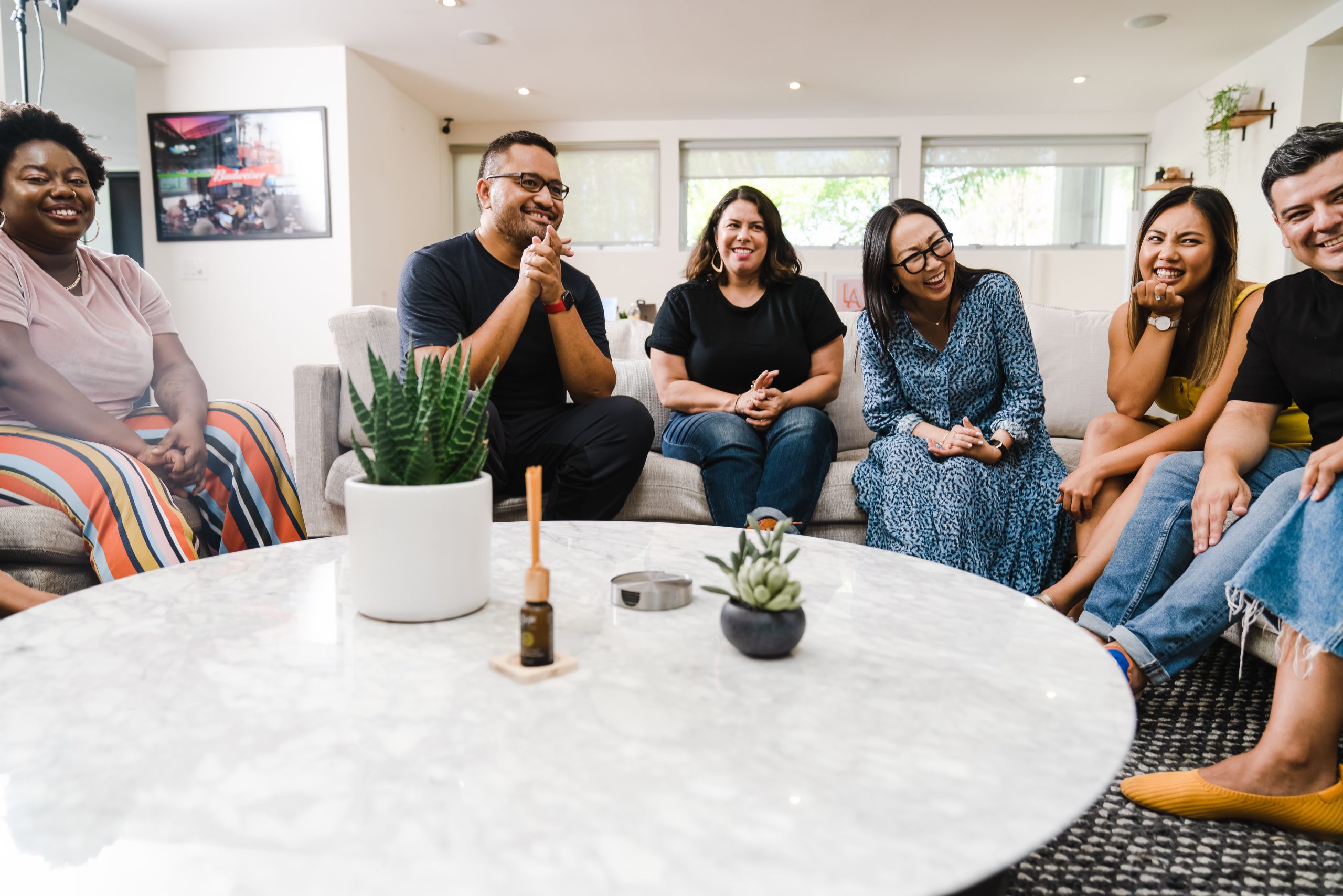
Our Commitment to Equity
We are committed to reducing inequities, addressing social determinants of health, and empowering all women, children, families we serve and staff we employ by providing a safe and inclusive environment to heal and work.
Wayside is guided by the voices of our clients and staff and the cultural preferences of all involved regardless of ethnicity, race, color, creed, national origin, gender, gender identity, sexual orientation, age, religious or spiritual beliefs, veteran, familial status, marital status, receipt of public assistance, socioeconomic status, physical ability, lifestyle, or political ideology.
Our Commitments
Wayside Recovery Center fully commits to the long-term work of becoming culturally responsive, welcoming and inclusive of all people both within and outside our organization, as well as in the range of issues and challenges that we engage in. This includes (but is not limited to):
- Supporting, engaging and including people with different racial, cultural, economic, ages and religious backgrounds as well as those with varying physical abilities, gender identities and sexual orientations.
- Reaching beyond our traditional allies and constituencies.
- Entering intercultural relationships with humility, prepared to listen, learn, follow their lead, and adapt our methods and practices to achieve mutual benefit.
- Recruiting, hiring, retaining, and developing a culturally responsive senior leadership, management, and staff whose demographics more closely mirror those of the women, children, and families we serve.
- Recruiting, retaining, and developing culturally responsive board of directors and other volunteers whose demographics more closely mirror those of the women, children, and families we serve.
Wayside’s mission is to break the cycle of addiction and trauma for women, children, and families. Our vision is that all women, children, and families achieve healing and hope for their future free from the effects of addiction and trauma.
Wayside was founded to fight the systems of oppression that disproportionately effect women in our community. Since our inception in 1954, we have served over 32,000 women and their families who have experienced generational abuse, neglect, homelessness, incarceration, addiction, unemployment, and discrimination.
It has been embedded in our organizational culture to have our client’s voice at the center of our decision-making. We accomplish this by holding focus groups as well as hiring staff with lived experience who have diverse social, economic, and cultural backgrounds.
For the past 65 years, our leadership, staff and board of directors have remained nimble to the emerging needs of our women and their families by creating services that are responsive to those needs. In 1994, Wayside created long-term supportive housing. In 2000, Wayside was one of the first in Minnesota to develop a Family Treatment model that invites mothers to enter treatment with their children. In 2020, Wayside developed culturally specific services for African American pregnant and parenting women and became a Certified Community Behavioral Health Clinic to augment our care model to include primary, psychiatric, crisis and same day access services.
We have a strong history of building partnership with government and community organizations to better serve the cultural needs of our clients. We work with more than 50 community organizations such as the Minnesota Indian Women’s Resource Center (MIWRC), American Indian Family Center (AIFC), Minnesota One Stop for Communities, and Southside Family Nurturing Center, to name a few, to ensure each client’s needs are met. We work closely with key government agencies to provide support as clients navigate social services such as Child Protection Services and Drug Court.
As our clients continue to be disproportionately affected by many societal pressures, Wayside strives to continue to evolve and challenge ourselves to meet the complex needs of our women and our families so they may experience a place where they feel safe and are treated equitably.
